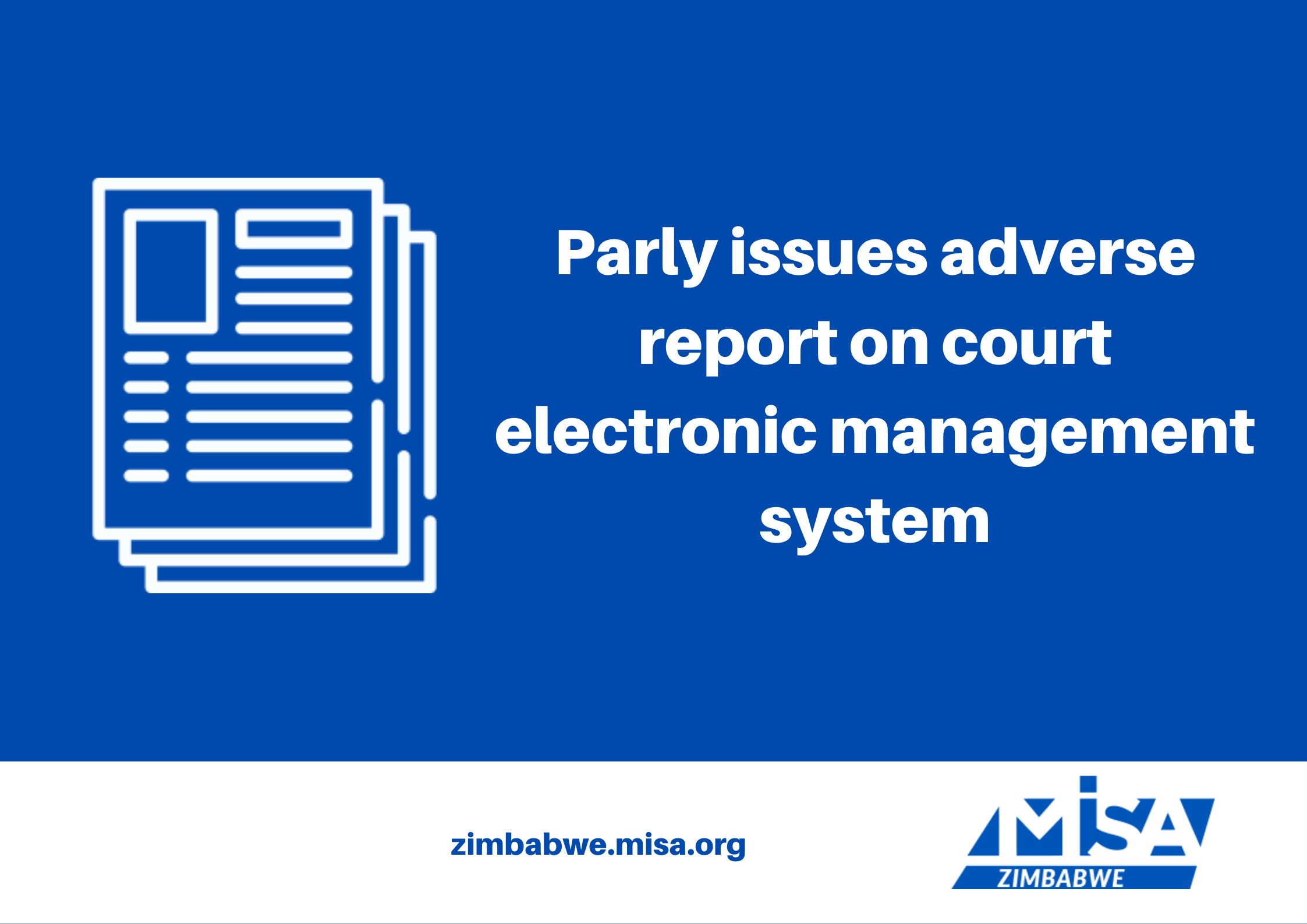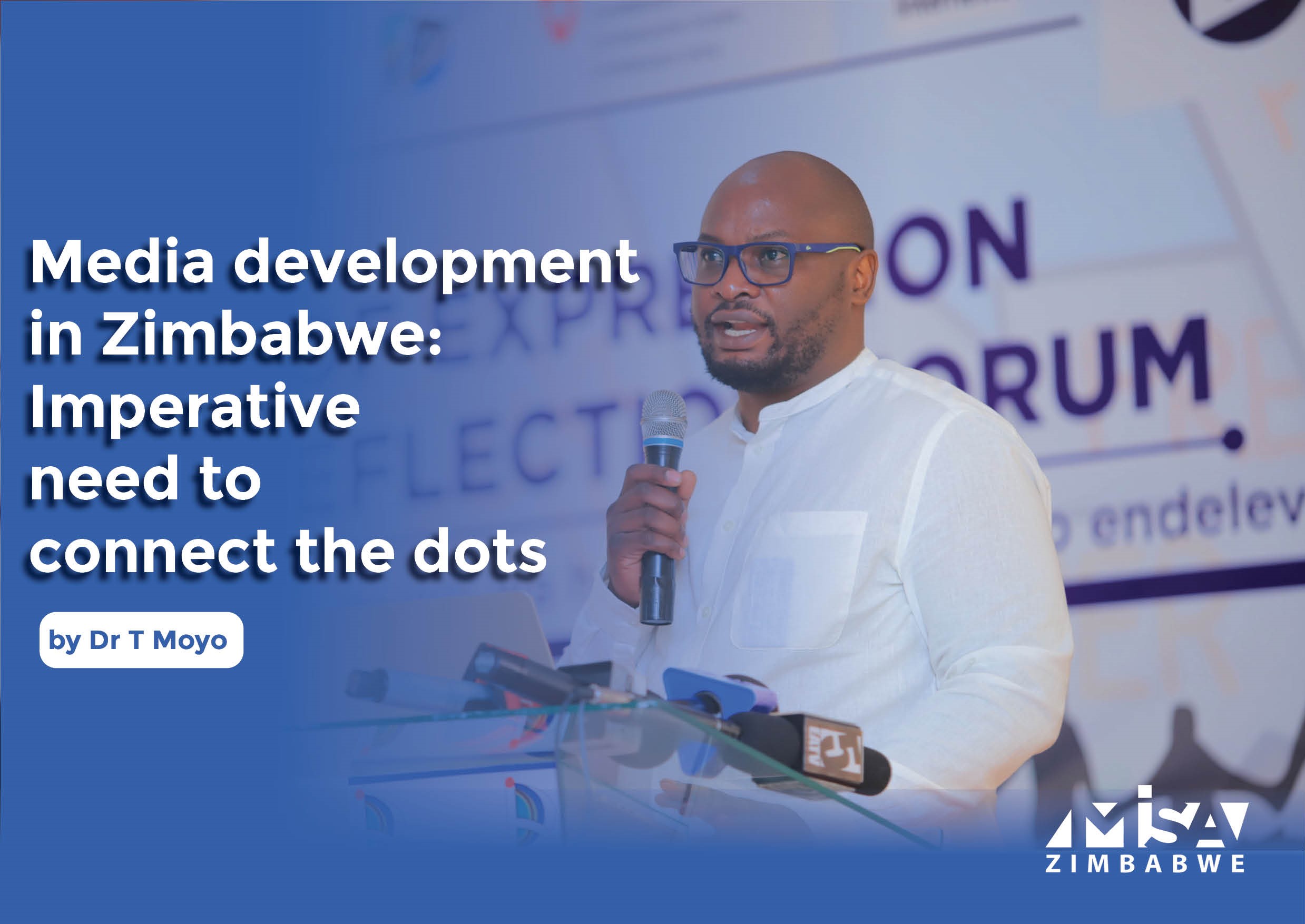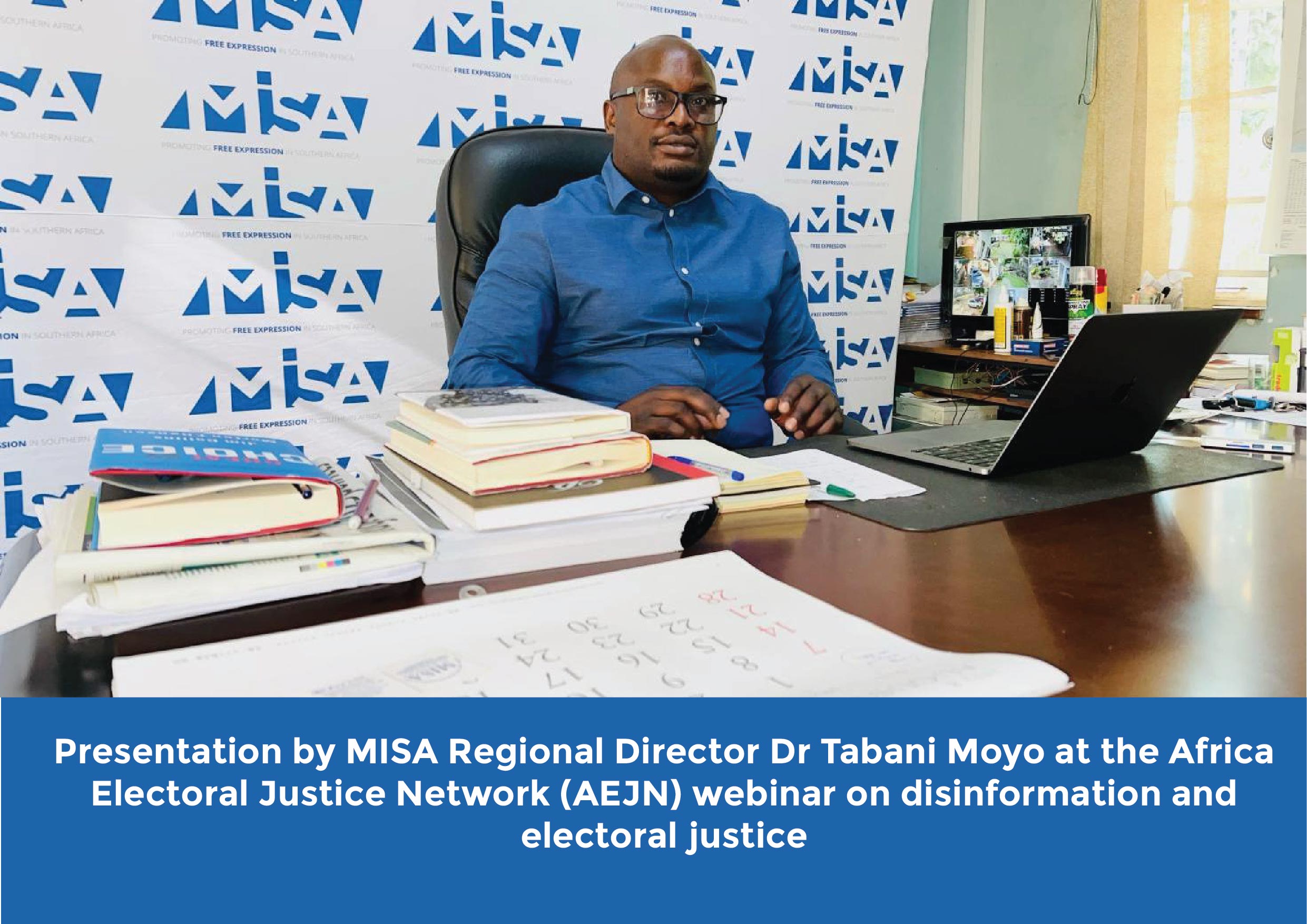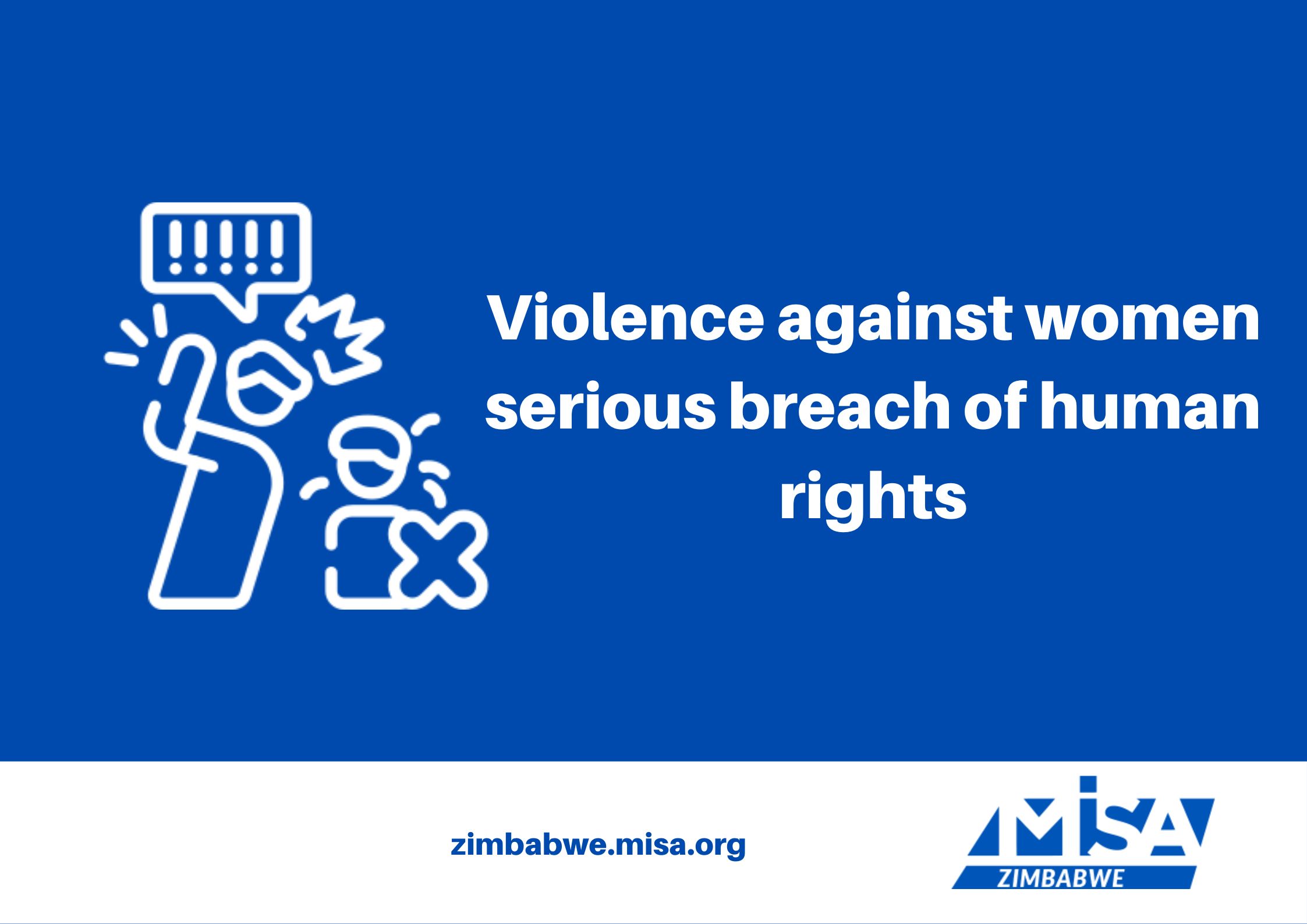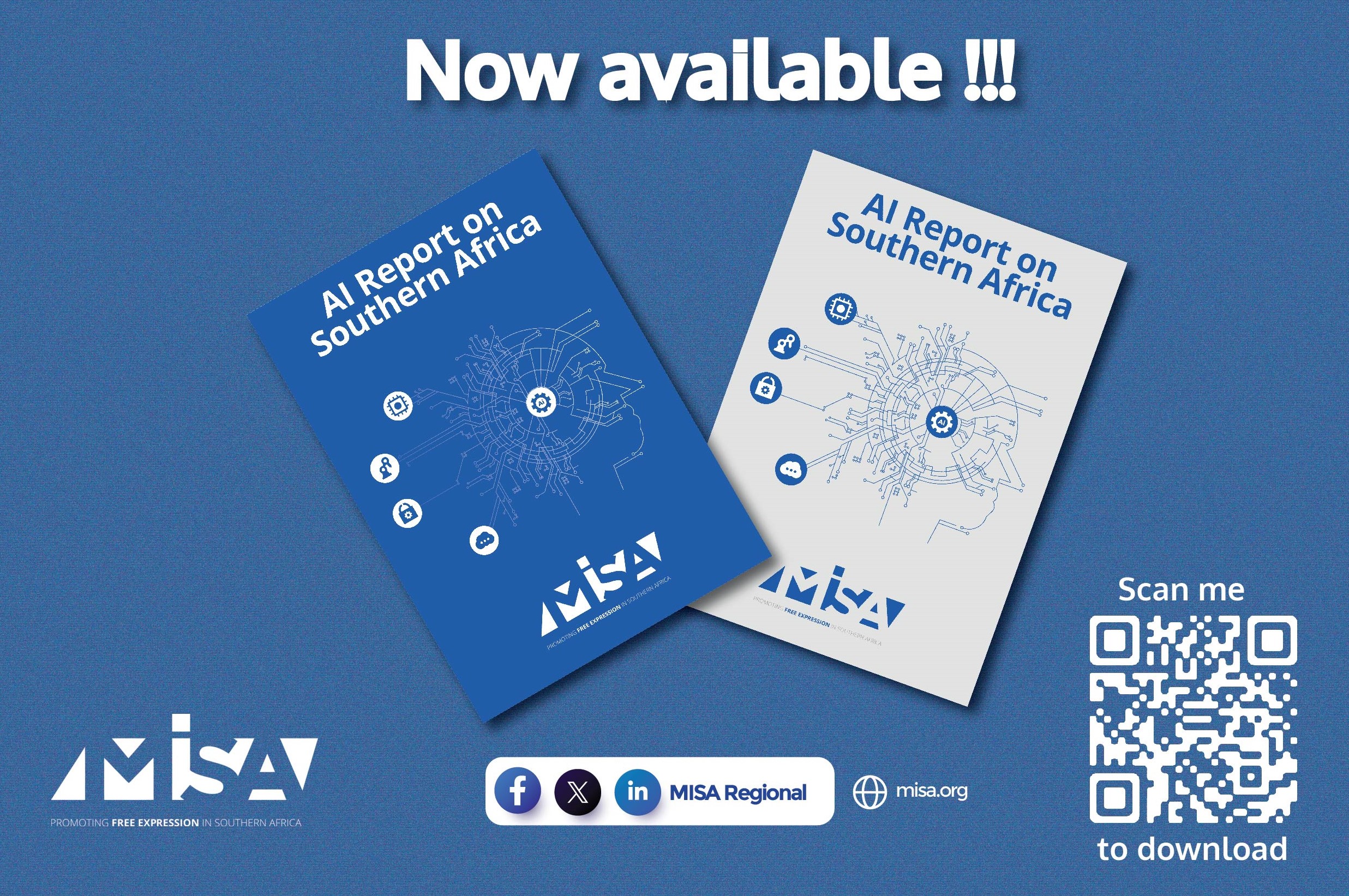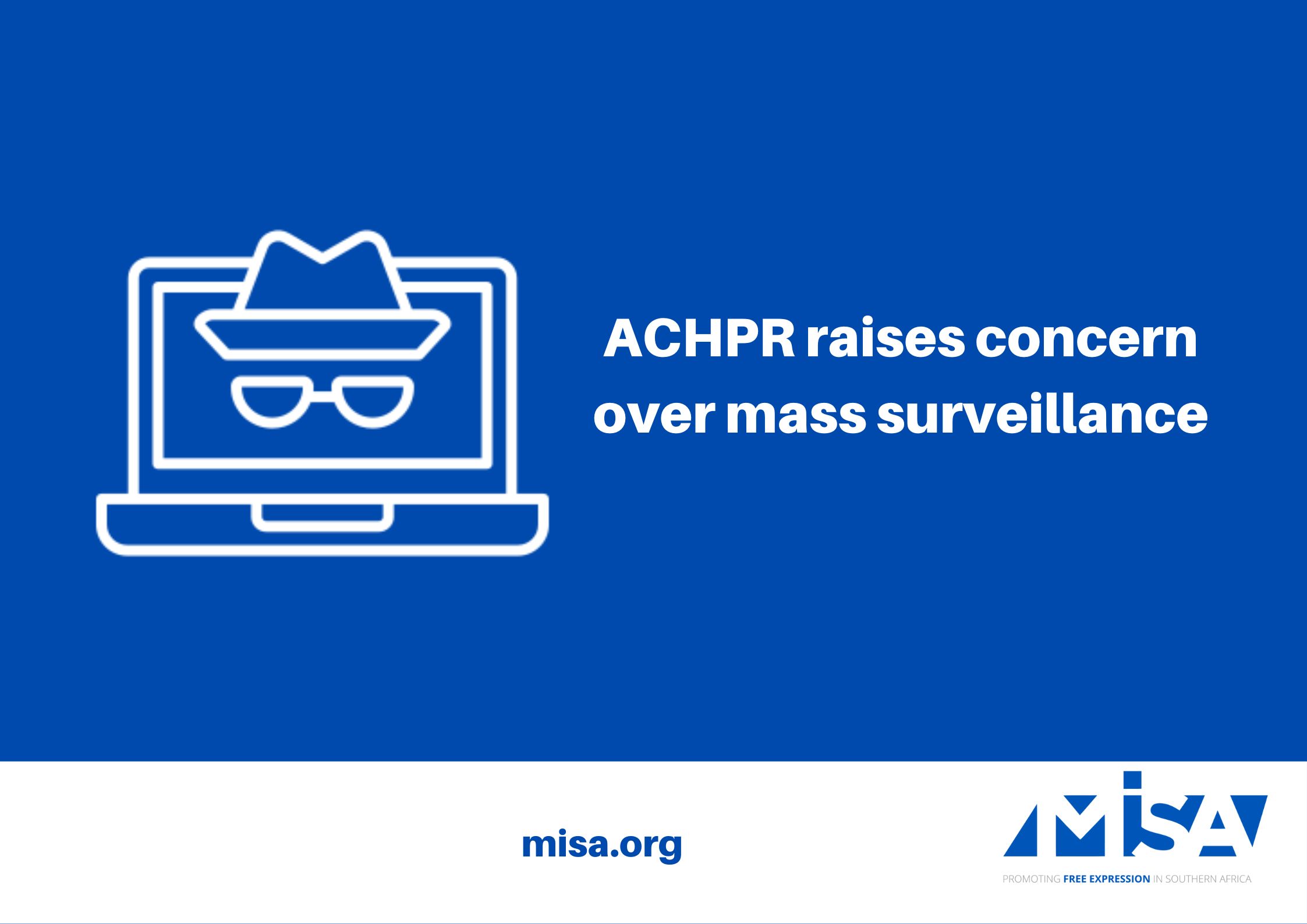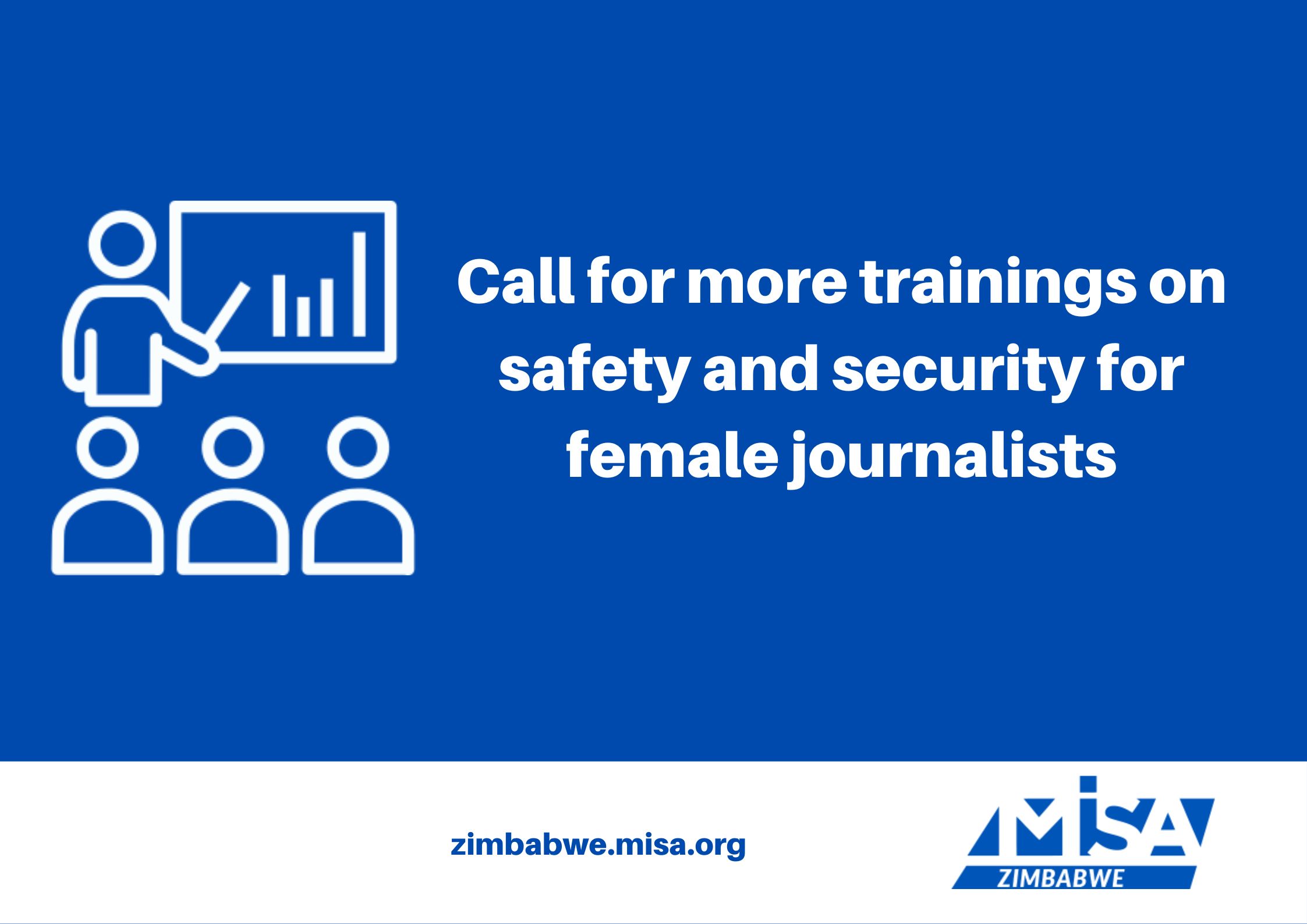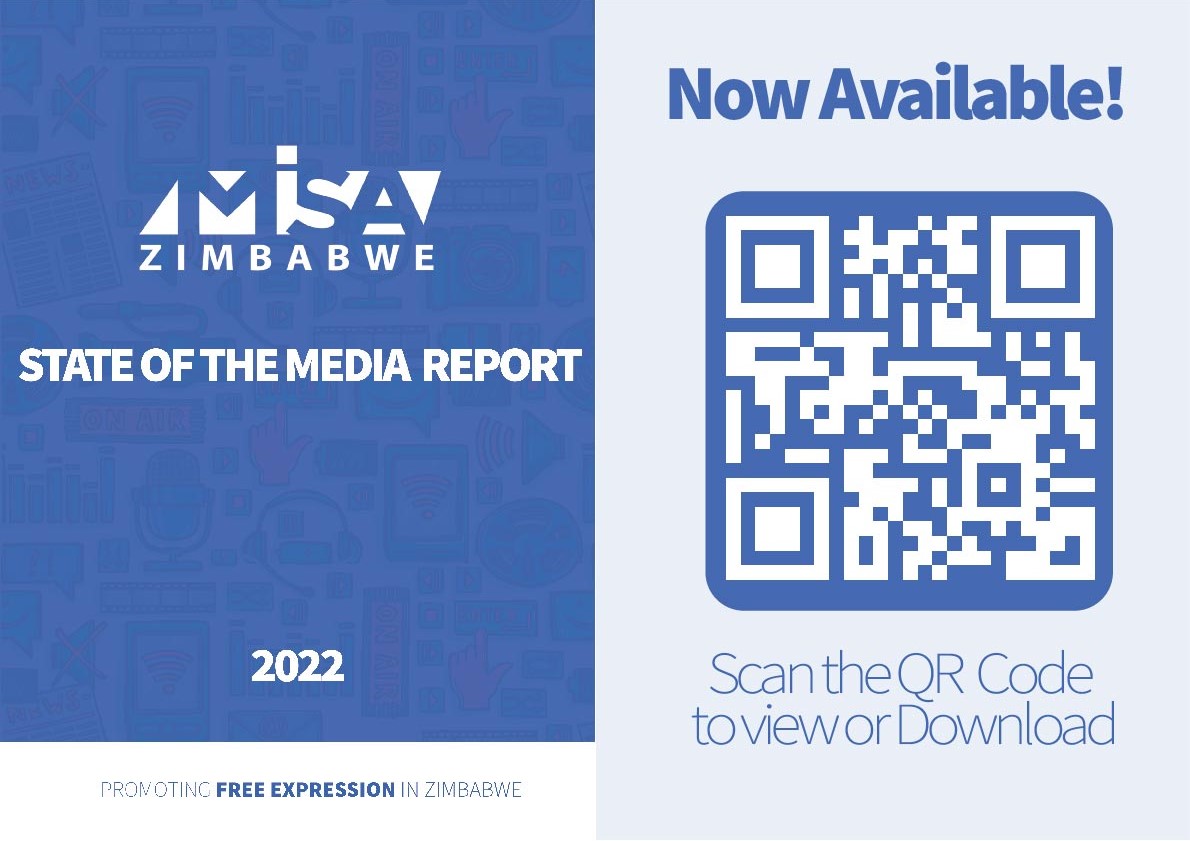This year’s International Day for Universal Access to Information (IDUAI) comes at a time when Zimbabwe, and the world at large, is battling to combat the deadly COVID-19 pandemic which has killed thousands and wrecked the socio-economic wellbeing of nations and their citizens.
In that regard, the 2021 IDUAI theme: Right to Know – Building Back Better with Access to Information, is timely given the critical importance of citizens’ right to access to information on issues that affect their daily lives for informed decisions and choices and socio-economic development.
Unfettered exercise and enjoyment of the right to access to information, in the wake of the COVID-19 pandemic and declining economies, is of paramount importance in the fight against the pandemic to save human lives which are critical in rebuilding devastated economies.
The Government’s weekly Cabinet media briefs and updates on the measures being taken to contain the spread of the pandemic are progressive and is at the core of the need for public institutions to proactively disclose information on issues of national importance and significance.
On the other hand, the media should effectively and professionally play its watchdog role by seizing the opportunity of these weekly Cabinet briefs through accurate and verifiable follow-up stories on the government’s pledges and promises in the quest to enhance citizens’ right to access to information.
MISA Zimbabwe, therefore, acknowledges the commendable steps taken by the Government of Zimbabwe to foster and nature the exercise of the right to access to information through the enactment of the Freedom of Information Act.
The enactment of the Freedom of Information Act is in compliance with Section 62 of the Constitution which provides for the right to access information.
We also take note of the licensing of eight more community radio stations as this will enhance access to information and exchange of ideas on issues that affect marginalised communities for the government’s attention.
The national geographic spread of the licensed stations is also of vital importance at a time when the country is fighting the spread of the deadly COVID-19 pandemic.
With community stations restricted from operating for profit, it is imperative for government to come up with a sustainable policy framework on how these outfits can remain financially viable without compromising their editorial independence, once they start broadcasting.
The government has also gone a step further following the recent gazetting of the Freedom of Information regulations that will guide the disclosure of information by public entities.
The regulations make it mandatory for all public and private entities to have information officers responsible for handling information requests and disclosure of information to the public.
This should go a long way in speedily providing citizens and media practitioners access to information held by public bodies with minimum hindrance and without the usual bureaucratic bottlenecks.
According to MISA Zimbabwe’s 2021 Transparency Assessment Index Report, some local government authorities have been stifling citizens’ right to access to information by refusing to provide information in the absence of proof of Memorandum of Understanding (MOUs), that allow Community Based Organisations (CBOs) to operate unhindered in their areas.
Such refusals by public officials are not provided for by the Constitution in terms of Section 86 on Limitation of Rights and Freedoms. In addition, the Freedom of Information Act clearly states circumstances under which information may be withheld from an applicant where such information may be prejudicial to the considerations or security interests of the State.
We, therefore, hope that the information officers will not abuse their positions, but will only withhold certain information as provided for and exempted by the law in the interest of among others, national security.
MISA Zimbabwe, however, notes with concern the seeming determination by the Southern African Development Community’s Heads of State and Government to enact cyber laws that have a serious bearing on free expression online and ultimately citizens’ right to freely discuss, share and access information that affects their daily lives.
It is with this in mind, that we appealed to President Emmerson Mnangagwa to decline to sign the Cyber Security and Data Protection Bill into law if it contains clauses or provisions that clawback on the progressive thrust of the Freedom of Information Act.
We, therefore, urge the government to take a cue from the Lesotho government where the country’s Parliamentary Portfolio Committee on Information has dismissed the Computer Crime and Cybersecurity Bill saying the responsible minister should revisit these “controversial drafts of legislations”.
Golden Maunganidze
Chairperson, MISA Zimbabwe





